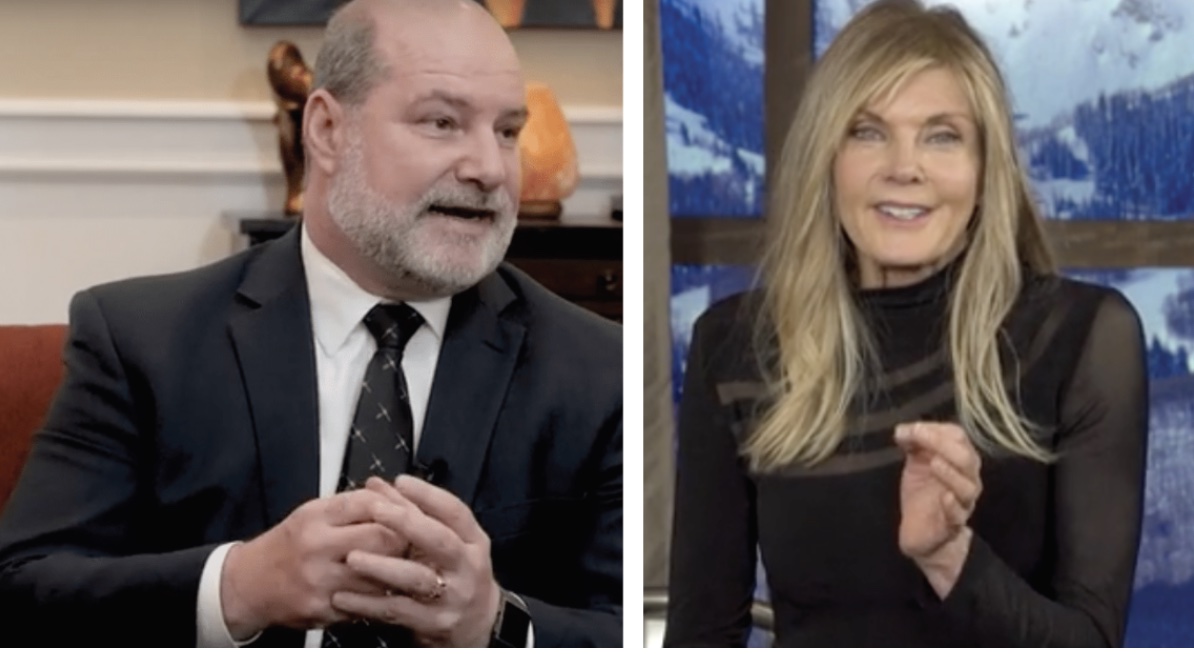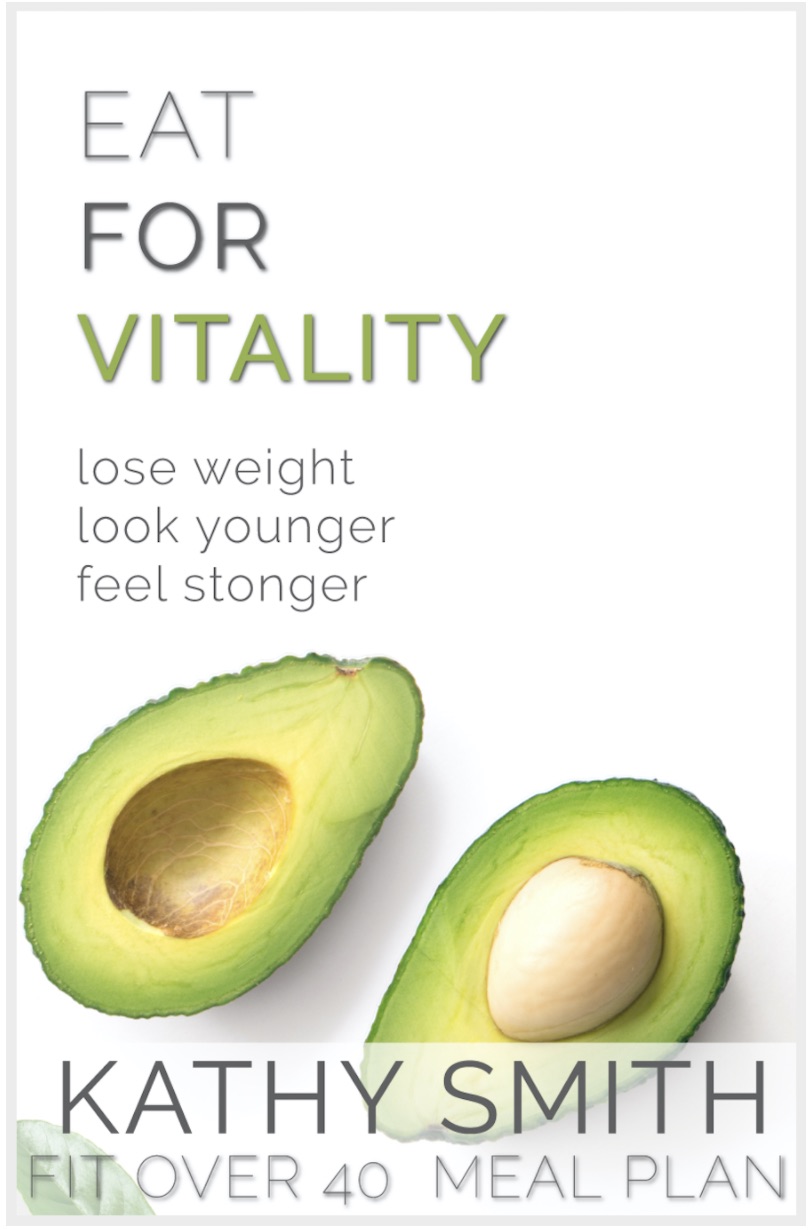Mental Model To

UPGRADE YOUR BRAIN
When my girls were young, they attended the Marlborough School in Los Angeles, where I sat on the Board of Advisors with Charlie Munger. It was the mid 90s…right when he came out with his famous speech, The Psychology of Human Misjudgment. It was fascinating to sit alongside him and learn the world of cognitive biases and how the brain works.
Munger opened up the conversation of models… a fancy way of saying “thinking tools.”
There are endless mental models, but one that has helped me upgrade my brain is called First Principles Thinking.
First Principles Thinking is when you reverse-engineer tricky situations by separating underlying ideas from assumptions. What’s left on the table is the essentials. The theory is that if you know the first principles of something, you can stack the rest of your knowledge around it to create something new.
In a recent conversation with Dr. Patrick Porter on The Art of Living podcast, we discussed how to use First Principles Thinking when it comes to staying healthy for life.
Listen to the full podcast with Dr. Porter here!
Here’s how Patrick said you can navigate around the brain’s strict rules to lose weight and experience the benefits of a healthy lifestyle for years to come….
[PATRICK PORTER]: I think the one thing people don’t realize is the brain has very strict rules. It says, “Hey, this is the way we’ve always done things.” It’s going to try to keep doing them that way regardless of what we want to do or how we want to do it. It’s something called neuroplasticity… which means that we need to break that up a little bit. And there are a few ways to do that.
Number one is you have to reframe. For people setting goals, they say that they only last about 14 days, because they don’t have it as part of their nature yet. You have to change the script or flip the switch in your brain that says, “Hey! Look, this is my lifestyle now. This isn’t something I’m doing to lose weight,” because that’s not a very good goal. But a bigger goal, a massive goal, like, “I want to be healthy. I want to be there for my grandkids. I want to be there for my spouse.”
Something that’s bigger than you has to be at the end of that goal. That’s kind of the character that you have to have..
[KATHY SMITH]: Right. I know we talk about external cues, to your point, like losing weight or slimming down your waistline. But what I try to reinforce are the internal cues that really keep you motivated for a lifetime. And what are those? “Well, I feel so much more energetic.” “I feel more confident.” “I feel more alert.” “I feel more focus.”
And tuning into those inner cues is, honestly, what keeps me going. Because I can’t go a day without any kind of movement, because of how I feel. Is there some way we can start to turn that switch on?
[PATRICK PORTER]: Well, unfortunately, they say that we’re, 25% of the time, unconscious, which means that we just pretend we don’t know. So, one thing is to become more aware of what we’re doing, how we’re doing it, and really be honest with ourselves. And then, when we have a chance, we’ve got to take action at the moment.
We can’t say, “Do you know what? I’m going to do this or do that. And then, later, I’m going to change it.” The brain really wants that change to be made at that point of stress. Stress is how the brain grows. It usually doesn’t grow– there’s a lovely meaning that was going around that had a little button over here, and then, it said, “Your comfort zone.” And then, it said, “Your success is over here.”
People don’t understand that they have to be willing to go through a little bit of pain. One of the sayings I used to have for my clients over the years is, “Anything worth doing well is worth doing terribly at first.” People think they have to be perfect at first. Get rid of the perfection and look for progress. Progress is the key. And then, don’t beat yourself up. Every day is a new experience. In fact, we used to tell people that every meal, you have a chance to either turn your body into a fat-burning machine or a fat-storage machine.
So, when you look at that one meal, so what; you had a bad meal. Big deal. Get over that. What are you going to do next? Because you didn’t get where you’re at with one decision. There were a series of decisions that were unconscious. If 25% of the time, we’re not even following through with what our main goals are because basically we fall asleep pretty much is what happens. We just say, “Oh, well, stress has got me.” Or “I’ve got all this to do. I don’t have time to do these things.” We’ve got to also become a priority.


